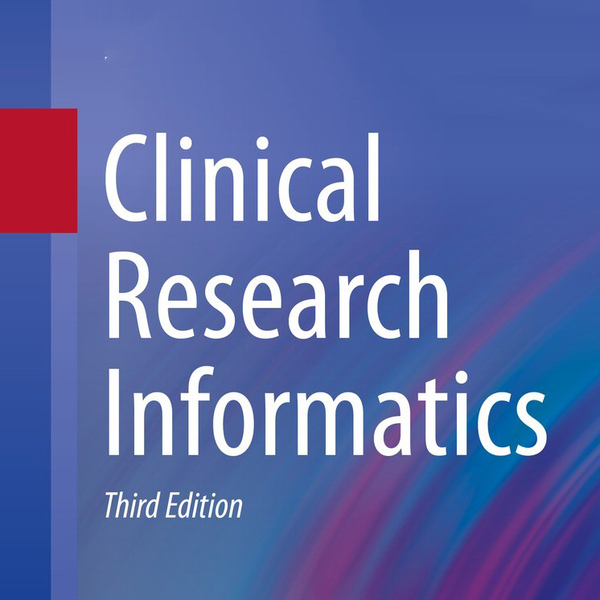Clinical Research Informatics (CRI), as a subdomain of biomedical informatics, encompasses the technology and processes and principles and practices to support the breadth of activities included in the execution of clinical research involving human subjects and their data.
CRI includes:
- Selection, implementation, development, and maintenance of a technology ecosystem to support clinical research activities and associated regulatory needs
- Optimization of electronic health record (EHR) systems and data to support research administration, participant recruitment and consenting, data capture, intervention implementation and other research activities supporting clinical research execution
- Management and workflow of data in research data repositories, data registries, data marts, data warehouses, and electronic data capture along with leveraging and simplifying the process of leveraging these standardized repositories via reporting and analytics
- Implementation science methods and translation of research into evidence-based practice
- Standardization of tools, techniques, and processes to support reproducibility of clinical research results, and outcomes
- Providing informatics tools to address the ethical, legal, and social issues that effect clinical research
The Clinical Research Informatics Working Group's mission is to advance the discipline of CRI by fostering interaction, discussion, and collaboration among individuals and groups involved or interested in the practice and study of CRI, and to serve as the home for CRI professionals within AMIA. The goals of the CRI Working group are to:
- Increase awareness and interaction of CRI domain with the various subdomains that it encompasses
- Provide a forum for discussion, collegial development, exchange, and information dissemination
- Identify, provide assistance in resolution of common issues in the CRI domain and form ad hoc groups for discussion
- Provide guidance, and engage community and discussion regarding the regulatory aspects of CRI, collect feedback and share/report the findings / understanding / consensus
- Provide education to AMIA members on the various aspects of CRI and its overlap with various domains/sub domains
- Provide support for members in their institutional settings to advance clinical research informatics
- Educate and inform the lay public regarding clinical research informatics to support enhanced people-centered research
- Provide platform and facilite discussions for CRI Leaders e.g. CRIO Discussion Forum
Leadership
- Performing: Working Group has high level of engagement and output (workshops, papers, webinars)
- Networking: Working Group has internal and external networking opportunities for members (mentorship programs, social events, collaboration)
- Developing: New Working Group or revitalizing efforts to grow membership (recruitment efforts, leadership)

